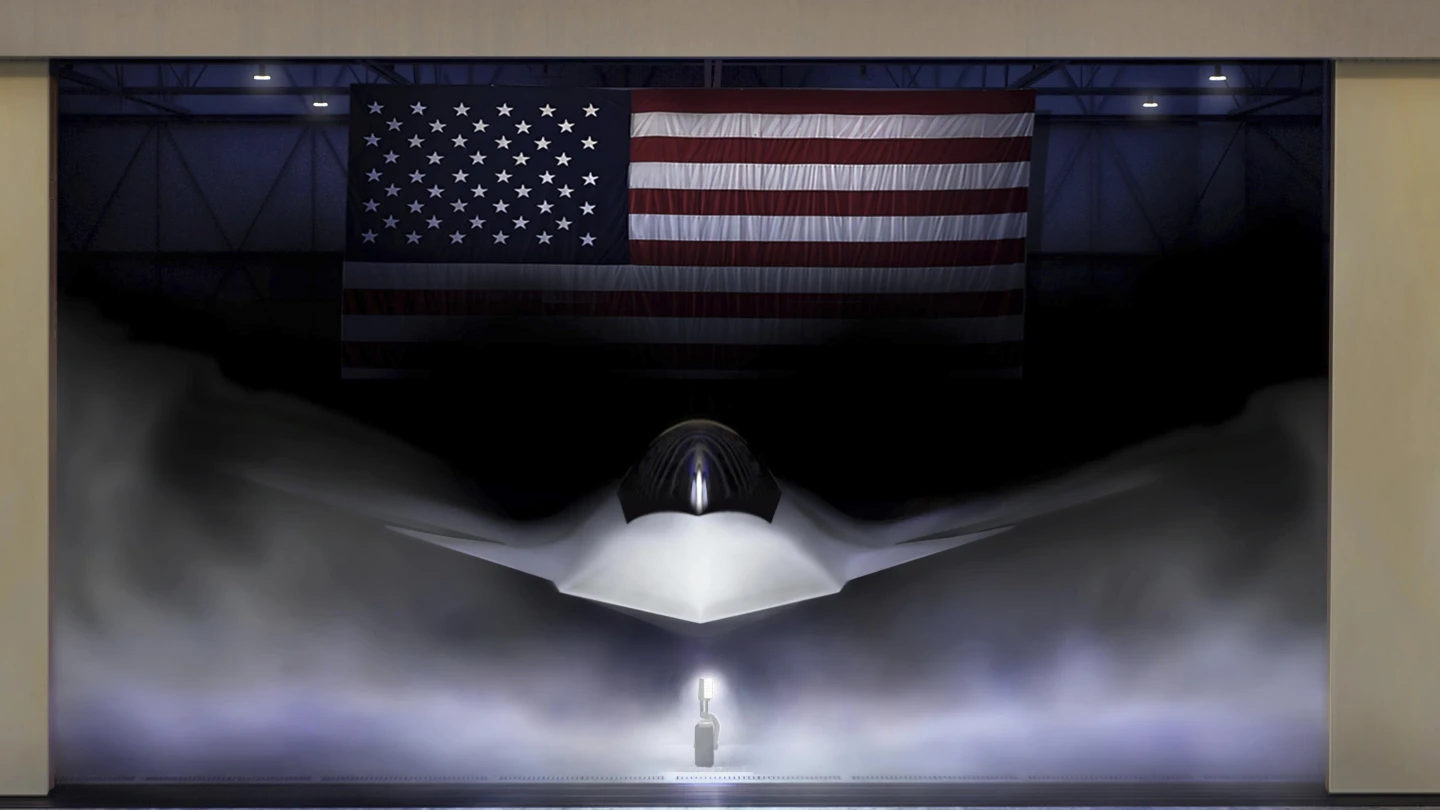Investors in aerospace giant Boeing received a boost after President Donald Trump awarded the company a contract to build F-47 fighter jets for the U.S. Air Force and potentially its allies. This contract marks a significant opportunity for Boeing, which has been struggling with financial and operational setbacks.
The announcement follows concerns about Boeing’s stability due to ongoing issues, including a production slowdown. The news immediately impacted Boeing’s stock, which saw a sharp increase of over 6.5%, reflecting investor optimism about the company’s future.
Stock Surge Amid Fighter Jet Deal, But Operational and Safety Challenges Persist for Boeing
Following the contract announcement, Boeing’s stock rose to $183.10 per share, marking a 6.53% increase since the beginning of the year. Investors welcomed this development as it indicated renewed confidence in Boeing’s ability to secure lucrative government contracts.
The new F-47 jets will replace the aging F-22 Raptors built by Lockheed Martin and are expected to operate alongside military drones. While the total cost of the Next Generation Air Dominance (NGAD) program is estimated at $20 billion, Trump declined to confirm the exact price of the order, leaving some uncertainty about the deal’s financial details.

Despite the positive news, Boeing continues to face significant challenges. The company has been struggling to recover from a series of setbacks, including a major safety incident in 2024 when a 737 Max 9 suffered a door-plug blowout. This led to a federally mandated production slowdown, further limiting Boeing’s output.
Additionally, Boeing has faced ongoing labor disputes, including a machinists’ strike, which disrupted manufacturing operations. The company’s struggles have been compounded by issues with its Starliner spacecraft program, which suffered severe delays and complications.
Financial Losses, Legal Battles, and Economic Challenges Threaten Boeing’s Long-Term Stability and Recovery
Boeing reported a staggering $11.8 billion loss in 2023, highlighting the severity of its financial troubles. Compounding these issues, the company faces legal challenges, including a wrongful death lawsuit filed by the family of whistleblower John Barnett.
These financial and legal pressures have put Boeing under increased scrutiny from regulators, investors, and the public. Despite these setbacks, the company remains determined to stabilize its operations and reassure stakeholders that it can overcome its recent difficulties.
While Boeing’s stock saw gains following the fighter jet contract announcement, broader economic challenges remain a concern. Chief Financial Officer Mark West expressed optimism about Boeing’s progress in improving manufacturing operations but warned that tariffs could impact the company’s supply chain and access to plane parts.
More broadly, tariffs are expected to slow U.S. economic growth and increase costs for consumers. However, investors remain cautiously optimistic, with many dismissing fears of an imminent recession. Boeing’s ability to navigate these challenges while capitalizing on its new government contract will be critical to its long-term recovery.

